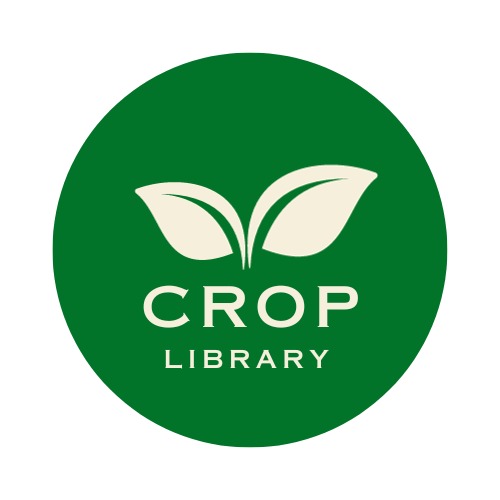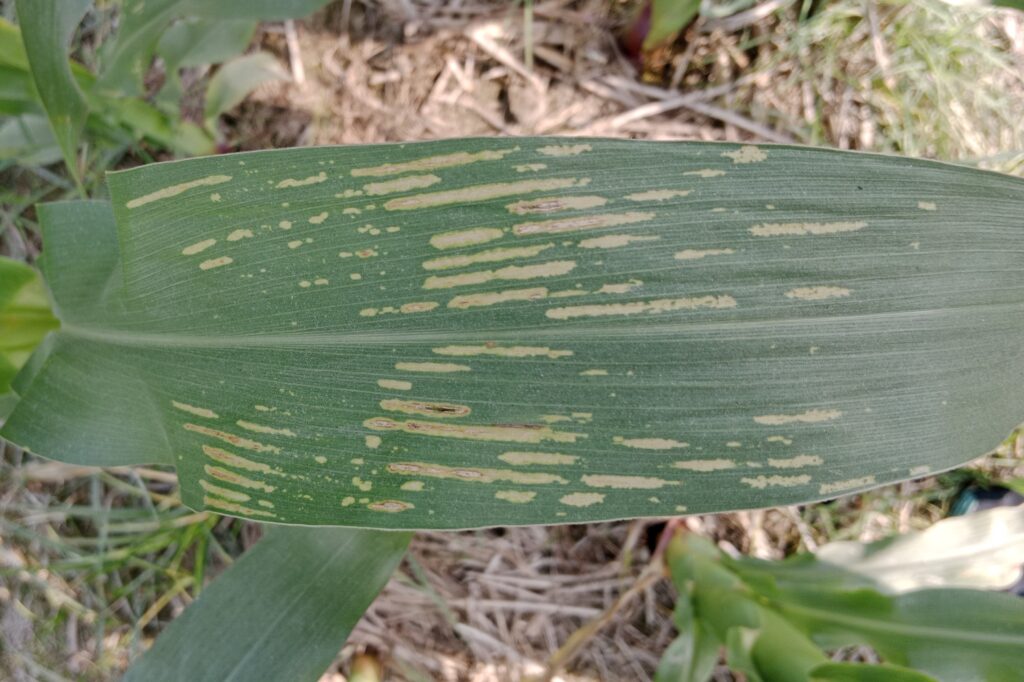Ultimate Guide to Grey Leaf Spot of Maize Management
Grey Leaf Spot (GLS) of Maize Grey leaf spot of maize is among the most destructive foliar diseases, particularly in warm and humid agro-climatic regions where conditions favor rapid disease spread. The disease initially appears as small, pale lesions on the lower foliage and gradually develops into elongated, rectangular spots that range from grey to […]
Ultimate Guide to Grey Leaf Spot of Maize Management Read Post »





